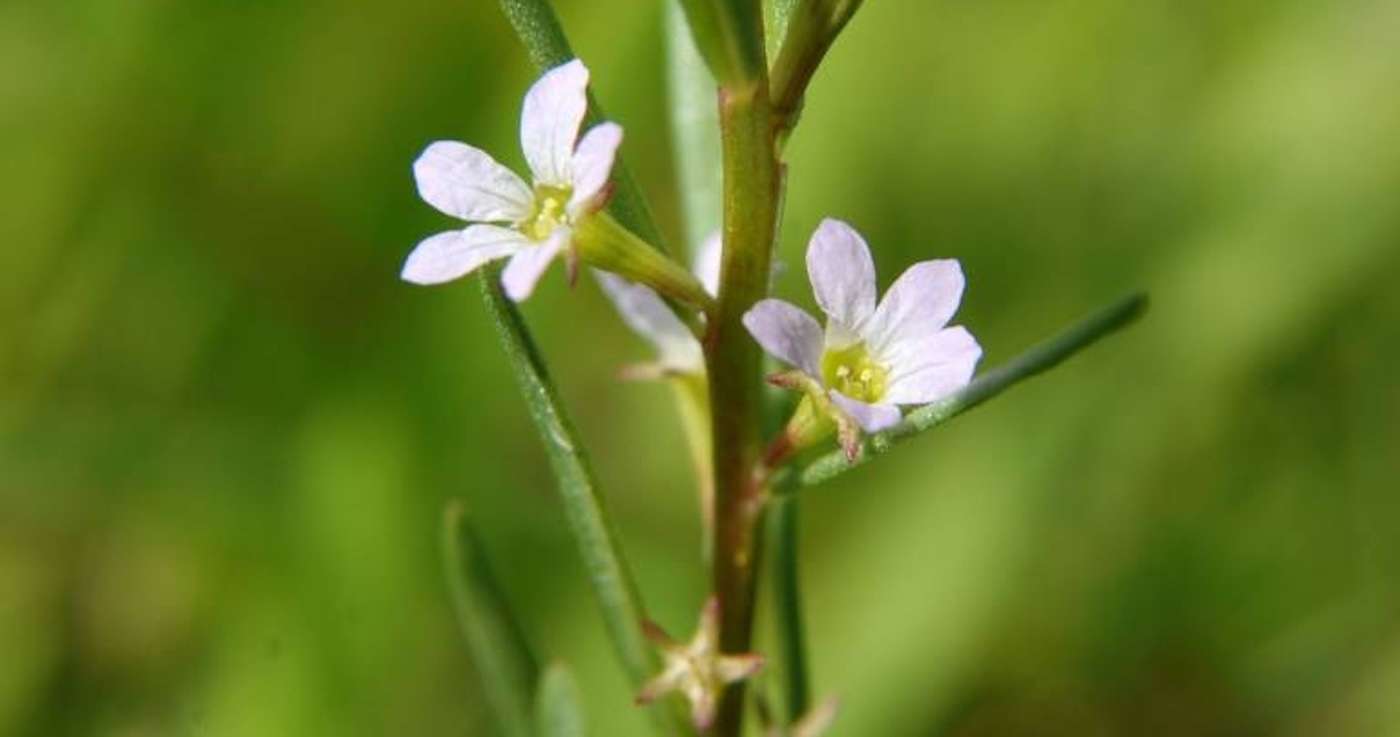Physicist Uses a Cotton Candy Machine to Make Respirator Filters for N95 Masks Cheaper
A study published in PNAS demonstrates that N95-like face masks can be made by spinning plastic in a cotton candy machine.

A rare plant ‘rose from the dead,' and was found recently in a Norfolk ‘ghost pond', becoming the first one spotted in a century.
Happened upon by a rambling geography professor, its existence could potentially lead to the rediscovery of other hidden plants lost in England's recent history, and gives hope to conservation botanists.
The plant, known as grass-poly and sporting pinkish-white petals, was found growing on an old farmland pond in the English countryside in Norfolk. When Professor Carl Sayer found it, he took a picture and sent it to his friend-a local botanist called Dr. Jo Parmenter, who confirmed its rarity.
"I never ever expected to see it in Norfolk; it was quite extraordinary," said Dr. Jo, according to the BBC. "I saw a photo and straight away I thought, I know what you are."
Found only in ponds on muddy ground in isolated parts of the UK, this was the first sighting of the plant in the county of Norfolk in more than 100 years, and the scientists concluded that the seeds must have lain dormant for over a century before restoration work on the pond created the soil conditions that allowed the seed to finally germinate.
Effectively "coming back from the dead," nearby willows were uprooted to help restore the pond before the sunlight was able to penetrate deep enough to reach the seed.
When people think of an endangered species, they often picture flagship animals like the tiger, panda, or rhino. However, plants can also be endangered, and the grass-poly certainly ranks among those.
Professor Sayer, part of the University College London's Pond Restoration Research Group, imagines that if Norfolk's thousands of wild ponds can be restored, more "missing, presumed dead" species may emerge once again.
"There's no oxygen, it's very dark, and it's perfect for preserving seeds," says Sayer, referring to the muddy banks of the average pond.
While often appearing as nothing more than mudhole, ponds can act as hubs in a local ecosystem. In Norfolk, many of the ponds are known as "ghost ponds," harboring little environmental value in their current, degraded state.
Yet in both the United States and in England, river and pond restoration is becoming a more actively undertaken form of conservation, due to the keystone aspect of ponds and rivers for local wildlife.
PASS On the Good Conservation News to Pals on Social Media…
Be the first to comment